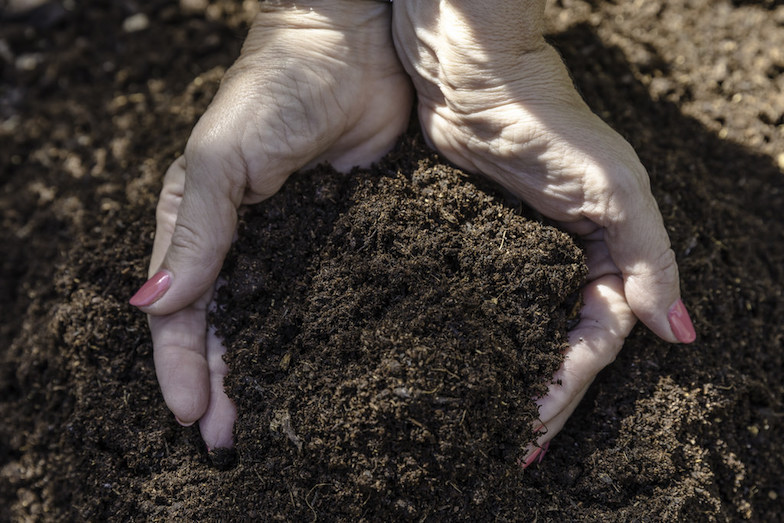
Cornell University Study Shows Glyphosate Damages Soil-Friendly Bacteria
As farmers battle in their above-ground war on weeds using glyphosate-based herbicides, they may inadvertently create underground casualties – unintentionally attacking the beneficial bacteria that help crops guard against enemy fungus.
October 7, 2017 | Source: Sustainable Pulse | by
Cornell University researchers have found an agricultural conflict: negative consequences of the weed-killing herbicide glyphosate on Pseudomonas, a soil-friendly bacteria, they announced last week.
As farmers battle in their above-ground war on weeds using glyphosate-based herbicides, they may inadvertently create underground casualties – unintentionally attacking the beneficial bacteria that help crops guard against enemy fungus.
“Beneficial Pseudomonas in the soil can help crops thrive. They can produce plant-stimulating hormones to promote plant growth and antifungals to defeat problematic fungi – such as Pythium and Fusarium – found in agricultural soil, but previous studies reported that the abundance of beneficial bacteria decreased when the herbicide glyphosate seeps underground,” said Ludmilla Aristilde, assistant professor of biological and environmental engineering. “Our study seeks to understand why this happens.”
Soil bacteria require their proteins – composed of amino acids – and their metabolism to support cellular growth and the production of important metabolites to sustain their underground fight. But glyphosate applied to crops can drain into the soil and disrupt the molecular factories in the bacterial cells in some species, interfering with their metabolic and amino acid machinery.
